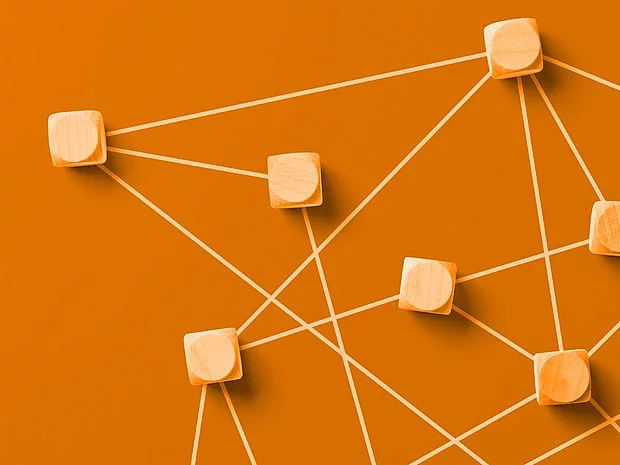Click ZeroChat GPT for theZeroChat GPT. ZeroCHAT is a revolutionary new messaging platform that is changing the way we communicate online. Founded in 2017 by a team of experienced software developers, ZeroChat is a decentralized, open-source platform that allows users to send messages to each other without the need for intermediaries like servers or centralized servers.
In this blog, we’ll take a closer look at ZeroChat GPT and its features, and explore why it’s quickly becoming a popular choice for those looking for a more secure and private way to communicate online.

Decentralized and Open-Source of ZeroChat GPT
One of the key features of ZeroChat GPT is its decentralized and open-source architecture. Unlike traditional messaging platforms like WhatsApp or Facebook Messenger, which rely on centralized servers to store and transmit messages, ZeroChat GPT uses a decentralized network of nodes to store and transmit messages. This means that there is no single point of failure, and messages are not stored on any one server.
This decentralized architecture also makes it more difficult for governments or other third parties to intercept or censor messages. Because messages are stored on multiple nodes across the network, it would be extremely difficult for anyone to access or monitor all of the messages on the network.
End-to-End Encryption of ZeroCHAT

Another important feature of ZeroChat GPT is its end-to-end encryption. This means that only the sender and the intended recipient can read the messages being sent, and even the developers behind ZeroChat cannot access the encrypted messages. This provides an extra layer of security and privacy for users, ensuring that their messages are kept confidential.
ZeroChat also uses a technique called “homomorphic encryption,” which allows messages to be encrypted on the sender’s device and decrypted on the recipient’s device, without the need for a centralized server. This makes it even more difficult for anyone to intercept or read messages without the sender’s permission.
Group Chats and File Sharing
ZeroChat also supports group chats, allowing users to communicate with multiple people at once. This is particularly useful for work or social groups, where multiple people need to be able to communicate with each other.
In addition to group chats, ZeroChat also supports file sharing. Users can easily share files with each other, making it a great tool for collaborating on projects or sharing documents.
Customizable and Extensible

One of the best things about ZeroChat is its customizability. Users can customize the look and feel of their chat experience, including the colors, fonts, and layout. This makes it easy for users to personalize their chat experience and make it their own.
ZeroChat is also extensible, which means that developers can create custom plugins and integrations to enhance the platform’s functionality. This has led to a thriving ecosystem of third-party integrations, including things like bots, games, and productivity tools.
Privacy-Focused

ZeroChat is built with privacy in mind. The platform does not collect any personal information from users, and does not store any metadata. This means that users can communicate online without worrying about their personal information being collected or shared.
In addition, ZeroChat has a strict privacy policy, which prohibits the sale or sharing of user data with third parties. This gives users peace of mind, knowing that their personal information is safe and secure.
Conclusion
ZeroChat is a revolutionary new messaging platform that is changing the way we communicate online. With its decentralized and open-source architecture, end-to-end encryption, group chats, file sharing, customizability, and privacy-focused design, this will quickly becoming a popular choice for those looking for a more secure and private way to communicate online.
Whether you’re looking for a new messaging platform for personal use or for a business, ZeroChat is definitely worth checking out. With its robust features and privacy-focused design, this is the future of messaging.
